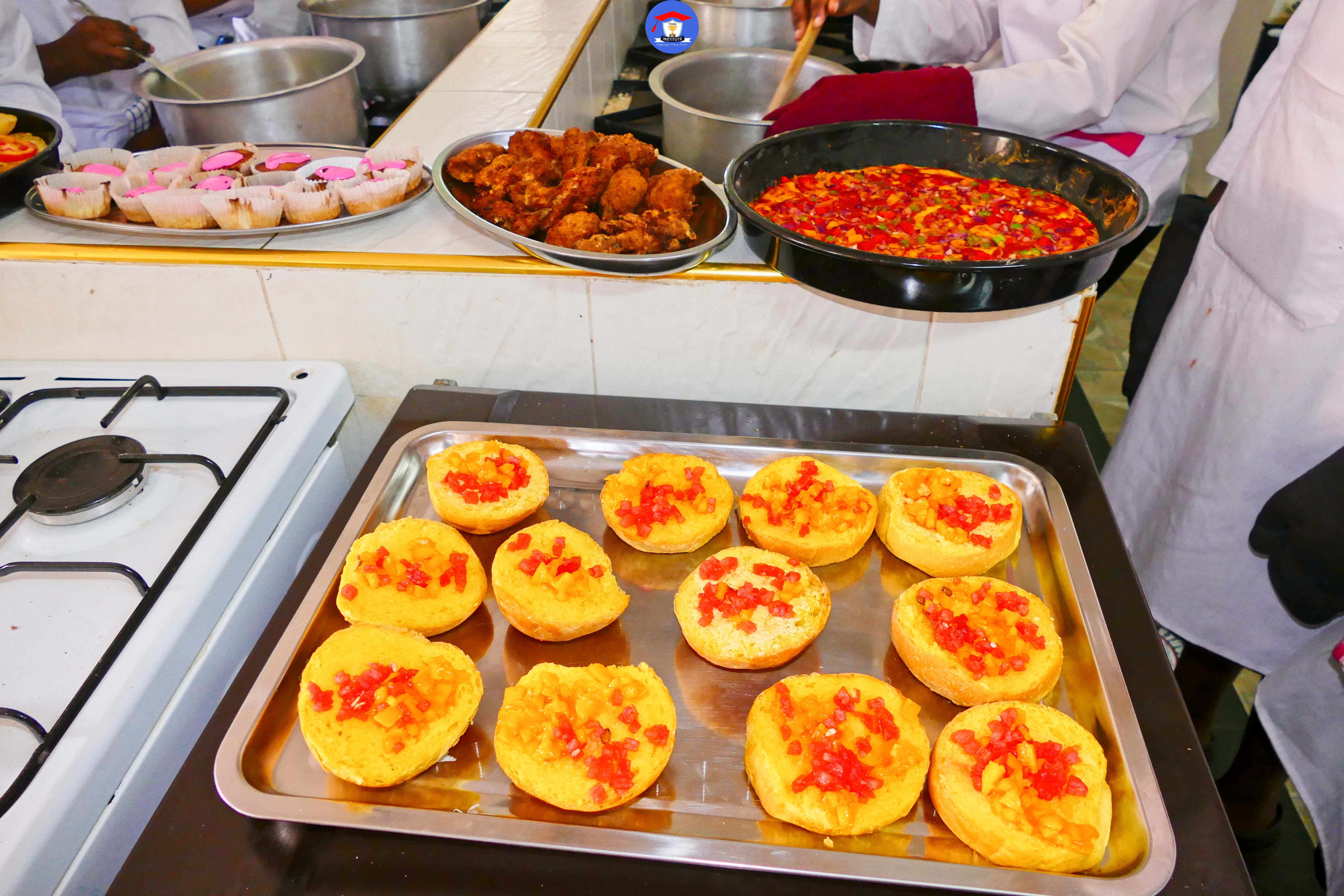
1️⃣ Definition
The Front Office is the department in a hospitality establishment (like a hotel, resort, or guesthouse) that deals directly with guests from the moment they arrive until they depart. It’s the “face” of the hotel because it’s often the first and last point of contact for customers.
2️⃣ Main Functions
-
Reception & Registration: Greeting guests, checking them in, and assigning rooms.
-
Reservations: Handling bookings and cancellations.
-
Guest Relations: Answering inquiries, giving information, handling complaints.
-
Cashiering & Billing: Preparing bills, receiving payments, maintaining guest accounts.
-
Telephone/Communication: Managing calls and messages for guests and staff.
-
Coordination: Liaising with housekeeping, maintenance, food & beverage to ensure guest satisfaction.
3️⃣ Key Areas/Sections
-
Reservation Section – manages room bookings.
-
Reception Desk – check-in, check-out, and guest assistance.
-
Cashier Section – billing and settlements.
-
Information Desk/Concierge – directions, transport, tours, special requests.
-
Telecommunication Section – switchboard, wake-up calls.
4️⃣ Importance
-
First Impressions: The front office shapes a guest’s perception of the hotel.
-
Revenue Generation: It sells rooms (the main product) and promotes other services.
-
Communication Hub: Connects guests with all hotel departments.
-
Problem Solving: Resolves guest issues quickly to ensure satisfaction.
5️⃣ Essential Skills for Front Office Staff
-
Excellent communication and interpersonal skills.
-
Customer service orientation.
-
Computer and reservation system knowledge.
-
Problem-solving and multitasking.
-
Professional appearance and attitude.
- Teacher: Caren Rutto


